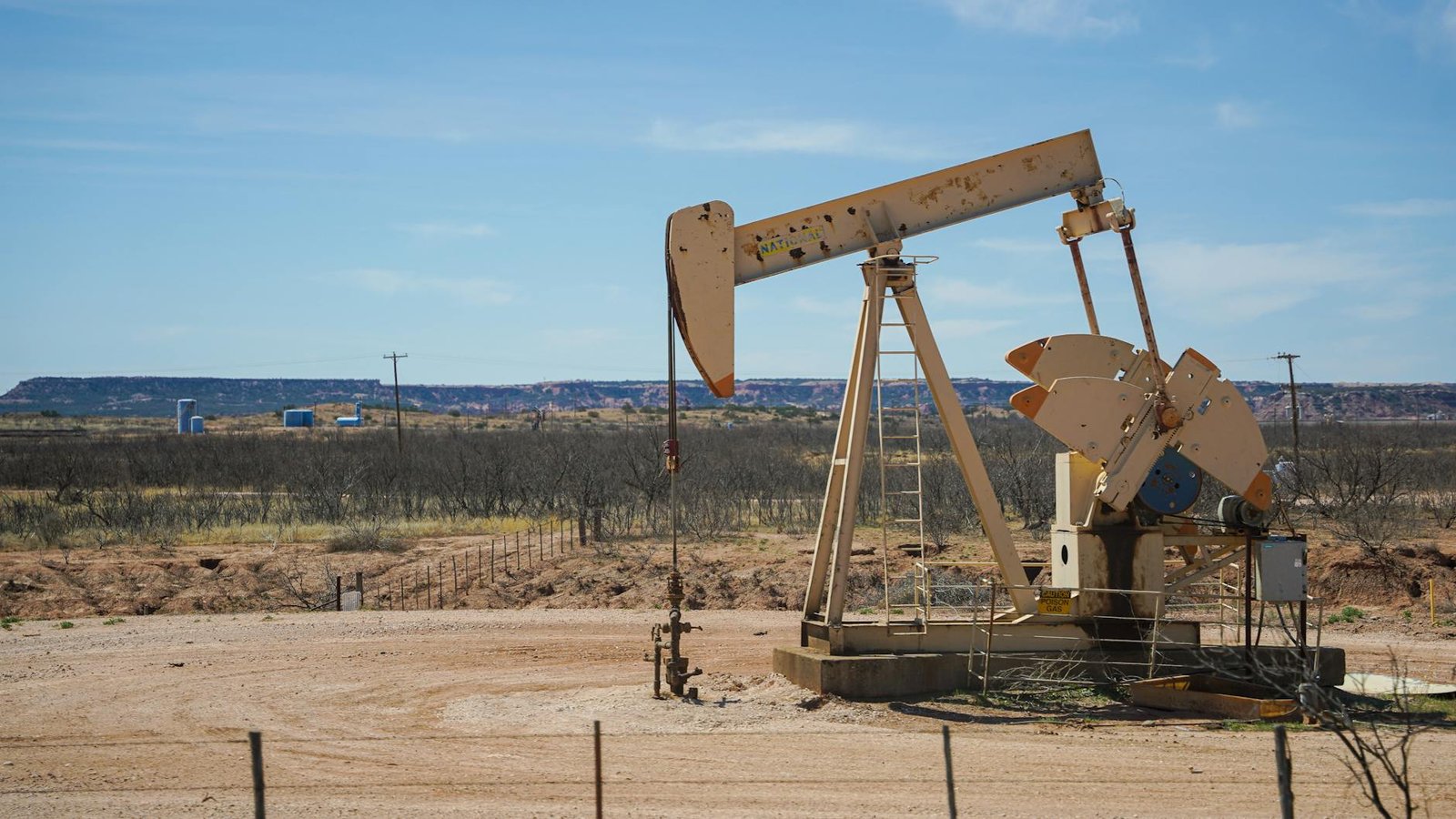Several months after COP28, where progress was made to boost the net-zero energy transition, key challenges persist. We assess the current situation and provide an outlook for renewable investments in the coming years.
Persistent Challenges
Despite continuous growth in clean energy investments and production, the phasing out of fossil fuels needed to meet net-zero targets remains elusive, negatively impacting relative prices for more complex renewable energy projects. Unfavorable global macroeconomic conditions, notably high interest rates, will hinder the development of such projects in the short term. Additionally, geopolitical competition will impede energy transition momentum, particularly affecting technology sharing, policy coordination, and access to critical resources. Regulatory uncertainty, infrastructure deficiencies, and supply chain disruptions will be the key risks for businesses with ambitious decarbonization plans.
Energy Transition vs. Renewable Addition
Clean energy generation continues to increase at a rapid pace. According to the International Energy Agency (IEA), renewable capacity additions increased by approximately 50% in 2023, marking the 22nd consecutive year of record growth. However, there is effectively no transition if fossil fuel consumption and investments continue to increase. Investments in clean energy have outpaced those in fossil fuels over the past three years, but fossil fuel investments have also grown.
Continued Fossil Fuel Investments
The IEA expects fossil fuel consumption to peak by 2030, but some industry players view this as overly optimistic. Large-scale oil and gas projects continue to be implemented globally, driven by energy security and affordability concerns amid conflicts like those in Ukraine and Gaza. Strong economic fundamentals for oil and gas projects in traditional and emerging producers, including the Middle East, the US, Canada, Brazil, and Guyana, incentivize continued production.
Renewable Expansion Amid Challenges
Despite challenges, renewable energy capacity will continue to expand due to increasing energy demand, positive technology developments, policy support, and economies of scale. Solar and wind will likely lead this growth, with green hydrogen and nuclear power holding significant potential as governments and investors work to de-risk these projects. However, the pace of renewables growth will be erratic, contingent on volatile geopolitical and macroeconomic circumstances. Elevated interest rates due to inflationary pressures will hamper the economics of more complex projects in the near term.
Cooperation and Competition
Geopolitical competition will continue to pose risks to the energy transition, affecting businesses directly involved with energy projects and those needing to decarbonize their supply chains. Global cooperation is essential to mitigate climate change, but the strategic nature of the energy transition has turned it into a competitive battlefield. Trade controls on critical minerals and emerging technology, regulation weaponization, and domestic subsidies highlight this competition. Partnerships along the “US-allies versus China” axis, such as the US-Japan floating wind farms collaboration and the Minerals Security Partnership (MSP) Forum, underline the competitive momentum.
AI and Electricity Demand
Significant adoption of electric vehicles (EVs) and the electrification of industrial systems will aid decarbonization efforts. New AI-based tools will improve the prospects for technology advancements in the energy transition. However, the energy demands of these technologies will likely lead to more frequent overloading of electricity grids. According to the IEA, global electricity demand will grow by an average of 3.4% annually in the next three years, with demand from data centers, cryptocurrency, and AI expected to double.
Business Risks
The main risks from the energy transition relate to insufficient global action on climate change. An erratic energy transition will add instability to an already fragile geopolitical state, increasing disruption risks for the global economy. Businesses will face regulatory volatility and operational disruptions, making decarbonization an imperative for future-proofing investments and meeting regulatory compliance requirements. Successful navigation of this landscape will be a strong competitive advantage, helping businesses overcome the energy trilemma and improve operational resilience.

